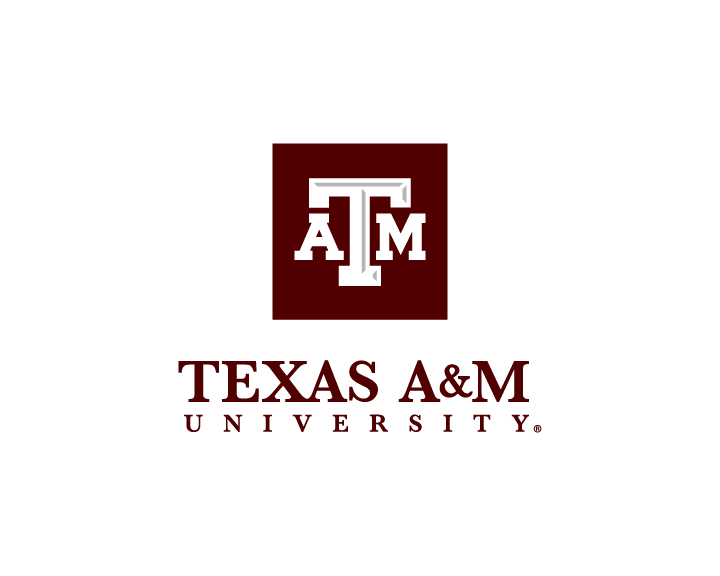Texas A&M: AAAS Selects Seven Texas A&M Faculty Members As 2021 Fellows
The American Association for the Advancement of Science (AAAS) will induct seven faculty members from Texas A&M University as 2021 AAAS Fellows during the association’s annual meeting in Philadelphia on Feb. 19, the Division of Research announced this week.
Founded in 1848, AAAS is the world’s largest general scientific society, serving 10 million individuals through more than 250 affiliated societies and academies.
The 2021 class of AAAS Fellows includes 564 scientists, engineers and innovators spanning 24 scientific disciplines.
“This is a significant milestone, congratulations to each for receiving this high honor,” Interim Vice President for Research Jack G. Baldauf said.
The 2021 AAAS Fellows from Texas A&M University are:
Deb Bell-Pedersen, Department of Biology, College of Science, for “distinguished contributions to the field of molecular biology, particularly using Neurospora to understand genetic controls of circadian rhythms and circadian rhythm controls of gene expression.”
Valen Johnson, Department of Statistics, College of Science, for “distinguished contributions to the field of Bayesian statistics and cancer research, and exceptional scientific leadership locally and nationally.”
Robin Murphy, Department of Computer Science & Engineering, College of Engineering, for “founding the field of search-and-rescue robotics and pioneering the field of human-robot interaction, and for informing policy and practice in rescue robotics worldwide.”
Stephen Safe, Department of Biochemistry and Biophysics, College of Agriculture and Life Sciences, for “distinguished contributions to the scientific knowledge used to advance the safe use of chemicals in commerce and development of more effective and safe pharmaceuticals.”
Virender K. Sharma, Department of Environmental and Occupational Health, School of Public Health, for “exceptional contributions in the field concerning the occurrence and remediation of toxins, antibiotics, antibiotics resistance bacteria and genes, and nanoparticles to address real-world challenges of water sustainability.”
Kathy Svoboda, Department of Biomedical Sciences, College of Dentistry, for “distinguished contributions to the study of the influence of the extracellular matrix on development, and for leadership in the field of oral and craniofacial developmental biology.”
Reginald W. Taylor, Department of Orthodontics, College of Dentistry, for “distinguished contributions to the field of oral and craniofacial biology, particularly in matrix biology, diagnostic sciences and the mentoring of a diverse cadre of dental students at all levels.”

